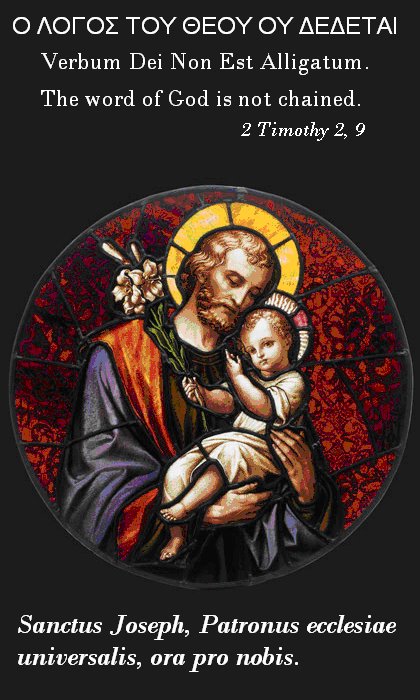Once in the course of my teaching internship in a public school in a small rural community ("around the bay", as we say here in St. John's), I was guiding a level II English class through the mythological background to Sophocles's Theban plays. I don't remember the context, but the word "paradox" came up. I gave the class the etymology: it's from the Greek adjective paradoxos, meaning "contrary to expectation, incredible." As an example of a paradox, I talked about the phrase "Finitum capax infiniti" (the finite is capable of the infinite). This idea is usually associated with the Eucharist, but I've always mentally connected it with one of the "Showings" of Julian of Norwich. Lady Julian was a 14th century anchoress who had a number of revelations in which Jesus appeared to her and spoke to her. In one, he held something in the palm of his hand, a thing about the size of a hazelnut, something so small and fragile-looking that she was amazed, for, in her words, "me thought it might suddenly have fallen to nought for littleness." She wondered what this could be. And the reply came: "It is all that is made." And immediately Julian knew three things: God made it; God loves it; God preserves it: "It lasteth and ever shall, for God loveth it. And so hath all things being by the love of God."
Note the paradox here. Julian, as part of the creation, part of "all that is made", is the minutest of sub-atomic particles within the hazelnut. But at the same time, by the grace and power of God, she is carried outside the whole of the created order and looks down upon it from God's perspective. This image awes me; it shakes me to my core. I tried to convey to this class of sixteen-year-olds that they were walking, talking paradoxes -- finite beings that participate in infinity, capable of containing, embracing, the whole universe in their thoughts. I don't know if I brought in Blake's line about "holding infinity in the palm of your hand", or if that only occurred to me later. I got pretty excited about all this (I tend to do that; it's the Latin blood I inherited from my father). I'm sure they were all rolling their eyes, thinking "What is he going on about now?" But maybe I planted a seed that will germinate when the conditions are right. Or, more likely, it went in one ear and out the other. But we teachers live in hope.
Father Richard Neuhaus has a beautiful reflection on this paradox in the final chapter of his book American Babylon:
The Christian proposal is that in Jesus the unknown has made itself known in the finitude of space and time. Jesus says of himself, "I am the way, the truth, and the life." He is the human face of God. There is a wondrous phrase -- Finitum capax infiniti (The finite is capable of the infinite) -- that theologians have referred to in controversies over the Eucharist. In Jesus Christ, the infinite and the finite are one. If the infinite did not include the finite, it would not be infinite. In that case, what we call "the infinite" would be yet another finite thing, however great and glorious, because it would not include the reality we call "finite." But now God, the Infinite, has become a human being, so that, as the early fathers of the Church never tired of saying, we human beings may become God, meaning that we creatures will participate fully in the life of the Creator.
Tuesday, May 12, 2009
Subscribe to:
Post Comments (Atom)

"This image awes me; it shakes me to my core." I can picture you saying that with all the excitment that your latin blood could muster. I laughed out loud. If your students were like mine, it probably went in one ear and out the other. However, YOU and your faith and excitment for knowledge probably made a more lasting impact. Even if they rarely understood what you were talking about...
ReplyDelete